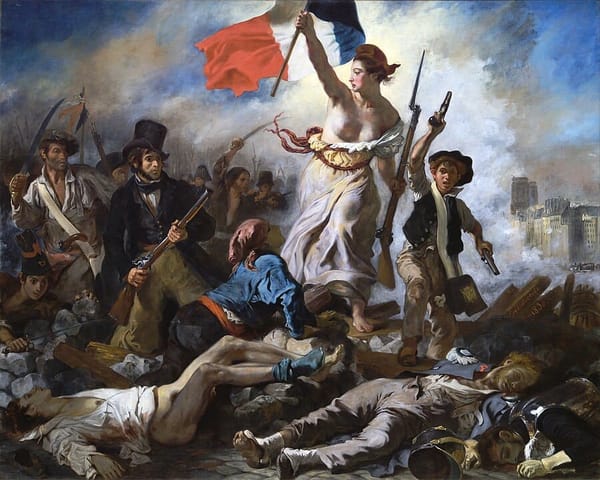Delhi Crime’s depiction of “Criminal Tribes”: denotified but still identified as ‘born criminals’

The Emmy-winning Netflix show is back with season 2 and touched on a very important topic. The show reflects the behavior of the system towards “Denotified Nomadic Tribes” that were in the British era referred to as “Criminal Tribes” under “Criminal Tribes Act, 1871”. After decades of facing the horrors of this act, they were denotified by the government of independent India on August 31, 1952.

However, repealed only to be replaced by the Habitual Offenders Act. Stigma, bias, and racial profiling attached to these tribes continue to exist. “They simply replaced the Criminal Tribes Act with the HOA,” says filmmaker, dramaturgist, and activist Dakxin Chhara, who belongs to the Chhara community that was initially listed as a criminal tribe. “The stigma of the state against the tribes is very much prevalent. We are the scapegoats, they can arrest and interrogate us anytime. In the eyes of the international community, I might be a National-Award-winning filmmaker, but for the Indian state, I will always be a criminal.”
In Delhi Crimes, DNTs were the first ones to be picked up in association with the Kachcha-Baniyan gang – a group of criminals who would undertake armed robberies, often resulting in brutal murders. It serves as a reminder of the horrors faced by the Pardhi and Bawariya communities, who were unfairly targeted across North India for being part of the gang.
These DNTs often become an easy scapegoat or “obvious” target. They lack access to resources and hence a suitable prey to end the media trials for the government and a cover-up for the incompetence of the administration. The community that has been subjected to historical injustices in the colonial era is still suffering the same injustice.
In a conversation in Delhi Crimes, DCP Vartika, while explaining to her daughter why the people from DNTs have been arrested, says “Because they are not privileged. They’re even deprived of their basic human rights just because they belong to a particular tribe.” The 2017 Idate Commission report noted that nothing had changed in a decade – with most DNT communities still being deeply impoverished and 98% of them being landless.
The even bigger problem lies with society’s treatment of them. “There is a stereotype against Denotified Nomadic Tribes (DNTs) in police, media, society, and even some judges. Every member of this community is considered a criminal by virtue of birth and this stigma continues till they die,” says Sudam Rathore, a Ph.D. research scholar from the Laman Banjara tribe of Maharashtra.
When more than 2,300,000 tribals were decriminalized overnight with the repeal of the “Criminal Tribes Act”, there was a massive public outcry, and people began blaming a perceived spike in violence on the “criminal” tribes. This reaction led to the enactment of the Habitual Offenders Act (HOA) in 1952. The bias is not limited to ordinary citizens and is even found in the ‘literate and enlightened’ class.
One example is of former IPS officer and former Lieutenant Governor of Puducherry, Kiran Bedi. Bedi’s controversial tweet calling people from ex-criminal tribes "hardcore professionals in committing crimes" came after police named Bawarias in the Bulandshahr rape incident. She later apologized after the protests. This is not an isolated event but one that reflects on the larger picture of stigma and bias against a community that remains on the periphery of society.

Like Delhi Crime, the Surya-starrer Jai Bhim was also inspired by countless real-life incidents of another such tribe- the Irula tribe that is unfairly targeted by the Tamil Nadu state police, from having fake cases of theft registered against them to being accused of enabling mass rapes. These shows and films provide a great way to spark conversation on sensitive topics such as these.

But nothing matters until we care to change the existing structures of society, built on the pain and suffering of the marginalized communities. We need to question the hierarchy, the system that labels their own people as ‘born criminals’. That continues the notions and stereotypes set by our colonizers. Ram Prasad Bismil wrote:
Duniya se ghulami ka mein nam mita dunga,
Ik bar zamane ko mein azad kara dunga.





